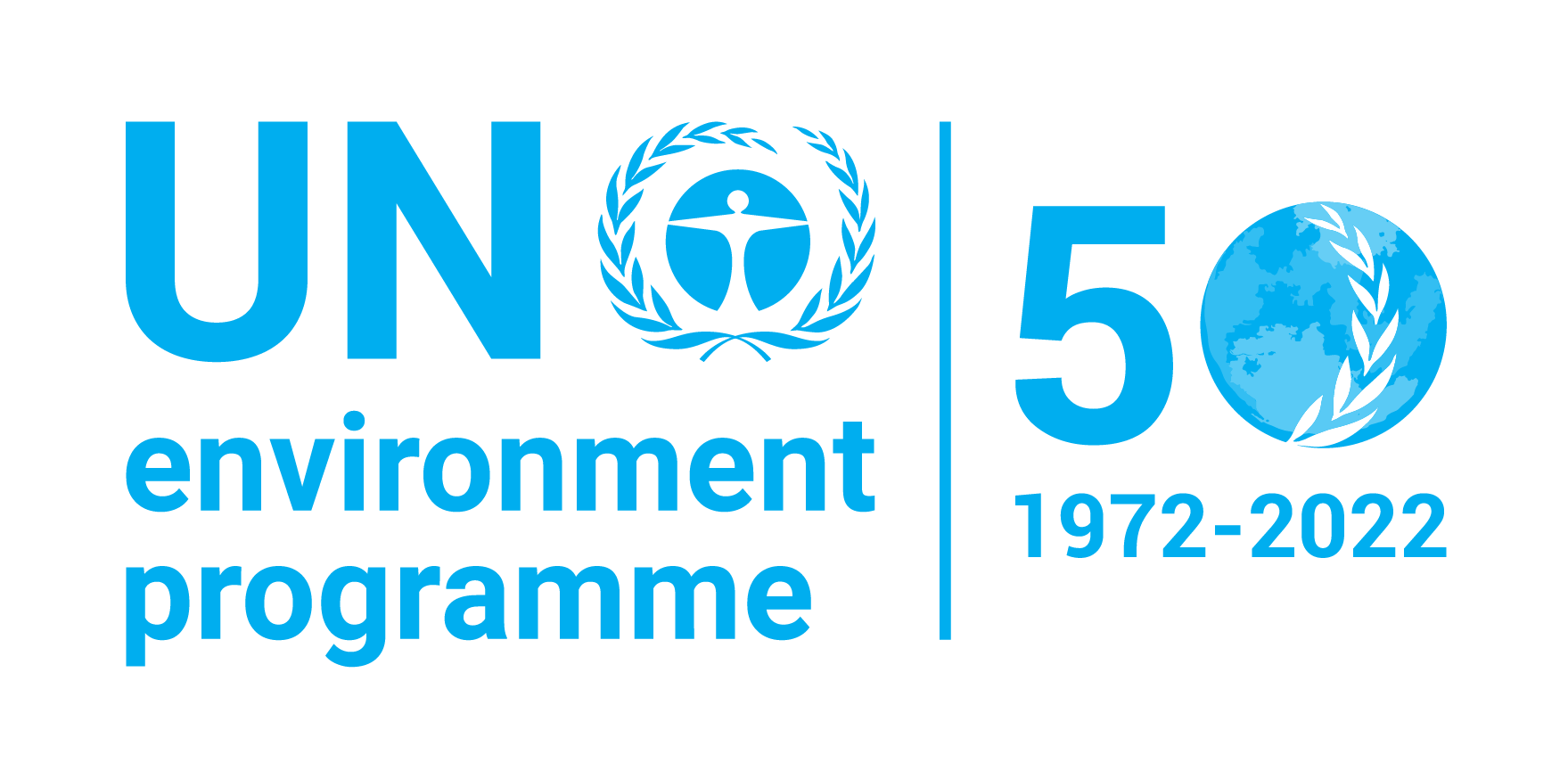| dc.contributor | Economy Division | en_US |
| dc.contributor.author | United Nations Environment Programme | en_US |
| dc.contributor.other | CEPT University | en_US |
| dc.contributor.other | German Federal Ministry for the Environment, Nature Conservation and Nuclear Safety | en_US |
| dc.coverage.spatial | India | en_US |
| dc.date.accessioned | 2020-02-05T07:53:50Z | |
| dc.date.available | 2020-02-05T07:53:50Z | |
| dc.date.issued | 2015 | |
| dc.identifier.isbn | 978-87-93130-75-3 | en_US |
| dc.identifier.uri | http://hdl.handle.net/20.500.11822/31431 | |
| dc.description | Mobility and gender inequality are important issues that must be factored into discussions on low carbon transport in India. Indian women and low-income groups still generally have very low mobility, which is detrimental to their participation in the labour market and keeps them from making the most of life’s opportunities. | en_US |
| dc.format | Text | en_US |
| dc.language | English | en_US |
| dc.rights | Public | en_US |
| dc.subject | GENDER | en_US |
| dc.subject | URBAN PLANNING | en_US |
| dc.subject | INDIA | en_US |
| dc.subject | WOMEN | en_US |
| dc.subject | URBAN TRANSPORT | en_US |
| dc.subject | VEHICLES | en_US |
| dc.subject | INCOME | en_US |
| dc.title | Promoting Low Carbon Transport in India: Gender Sensitive Transport Planning for Cities in India | en_US |
| dc.type | Reports and Books | en_US |
| wd.identifier.sdg | SDG 5 - Gender Equality | en_US |
| wd.identifier.sdg | SDG 11 - Sustainable Cities and Communities | en_US |
| wd.tags | Cities | en_US |
| wd.topics | Cities and lifestyles | en_US |
| wd.topics | Gender | en_US |
| wd.topics | Transport | en_US |
| wd.identifier.pagesnumber | 68 p. | en_US |


